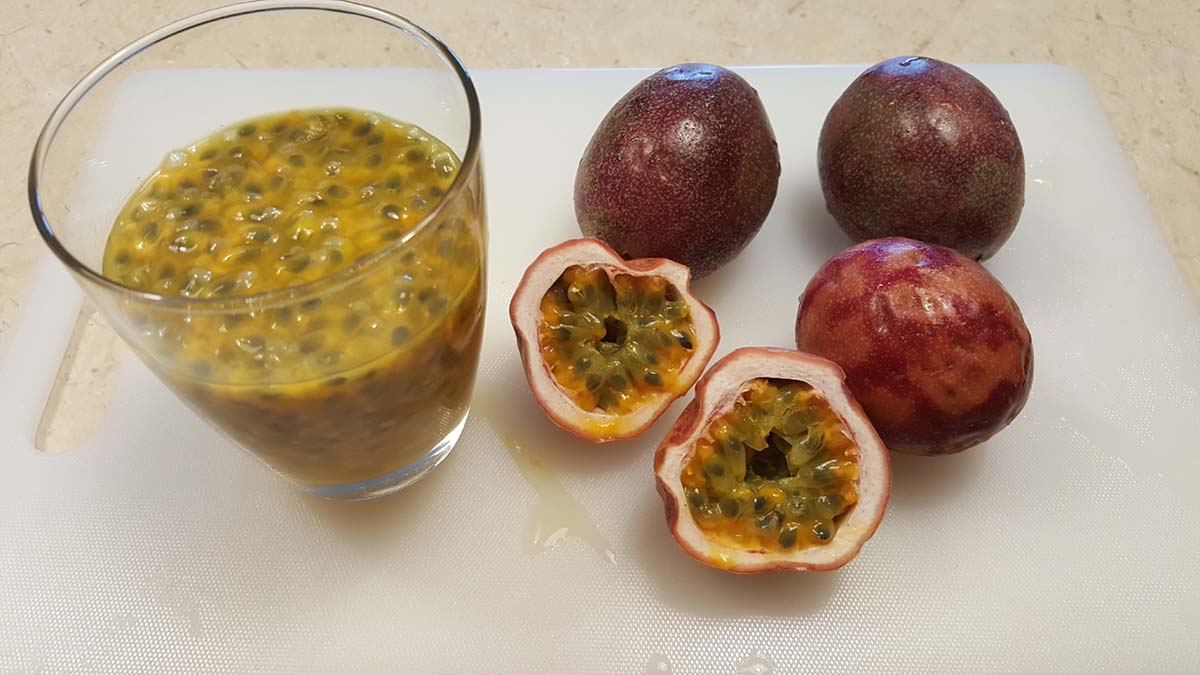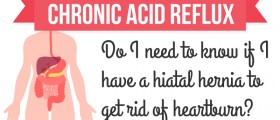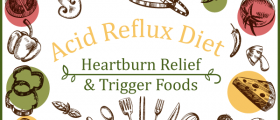
Hiatal Hernia-Overview
This is a condition characterized by the protrusion of the upper part of the stomach up into the chest through a tear or a weakness in the diaphragm. Generally, the esophagus passes down through the chest, crosses the diaphragm, and enters the abdomen through a hole in the diaphragm (the esophageal hiatus). Just under the diaphragm, the esophagus joins the stomach.
When a person has hiatal hernia, the opening of the esophageal hiatus is bigger than normal, and a part of the upper stomach slips up or passes through the hiatus and into the chest. There are two types of hiatal hernia: the sliding hiatus hernia, and the rolling (paraesophageal) hiatus hernia.
It is not completely clear why this condition occurs. However, experts have established some factors that seem to be increasing the risk of a person getting it. These include: obesity, heredity, frequent coughing, smoking, congenital defect (such as being born with an unusually large hiatus), injury to that area, frequent heavy lifting, etc.
Symptoms and Treatment
This condition has often been called “the great mimic”, because its symptoms resemble many other health problems (for instance, GERD-gastroesophageal reflux disease).
However, most hiatus hernias are small and do not cause any symptoms. The larger ones, on the other hand, can cause heartburn, chest pain, hiccups, nausea (sometimes accompanied by vomiting), difficulty swallowing, and frequent belching.
Should a person experience these symptoms, it is important that they consult a physician. He will then prescribe the best course of treatment. The treatment of this condition usually involves medication to reliever the heartburn and surgery to repair the hernia.
Hiatal Hernia Diet
There are certain “rules” that one should follow if they want to relieve the symptoms of hiatus hernia more successfully. These include:
It is important not to take water with meals, but half an hour before or an hour after a meal. It is advisable that one take frequent small meals instead of three large ones. At least 50% of one’s diet should include fruits and vegetables. And, one should include nuts and seeds in their diet. These improve the process of digestion considerably. One should avoid processed food, such as white bread, sugar, cakes, biscuits, rice puddings, over-cooked vegetables, condiments, pickles, strong tea, and coffee. Raw juices extracted from fresh fruits and vegetables are very valuable when it comes to hiatus hernia. One should take three juices diluted with water, half an hour before each meal. One should avoid alcohol and smoking, because it has been proven that they increase the feeling of heartburn. When finished eating, one should not lie down immediately, but sit up or go for a stroll. This will prevent acid reflux.
















Your thoughts on this
Loading...